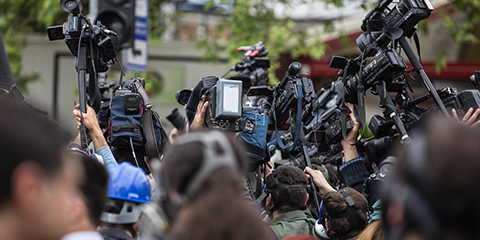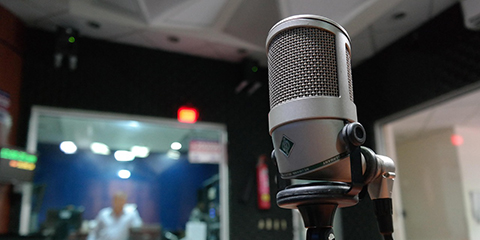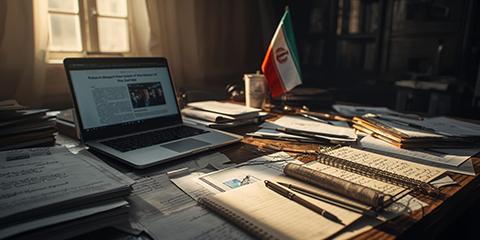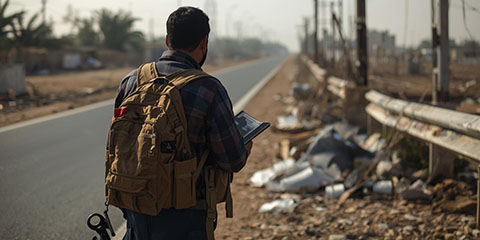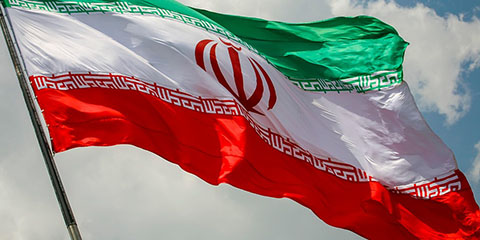Libya’s culture of impunity for crimes against journalists deepens as watchdogs demand justice
JournalismPakistan.com | Published last month | JP Middle East Desk
Join our WhatsApp channel
Rights groups report growing impunity for crimes against journalists in Libya, warning that attacks, threats, and disappearances continue without justice or accountability.Summary
TRIPOLI — Despite repeated international appeals, Libya continues to struggle with a deep-rooted culture of impunity for crimes committed against journalists. Rights watchdogs, including the Committee to Protect Journalists (CPJ) and Reporters Without Borders (RSF), report that violence, intimidation, and arbitrary detention of media professionals remain widespread, while accountability remains virtually nonexistent.
Since the fall of Muammar Gaddafi in 2011, journalists in Libya have faced mounting risks amid political chaos, militia control, and a fractured judicial system. Both local and foreign reporters have been targeted by armed groups, abducted, or assaulted while covering sensitive issues such as corruption, human trafficking, and armed clashes. Many cases go uninvestigated, and perpetrators are rarely brought to justice.
According to RSF, dozens of journalists have disappeared or been detained over the past decade. Some were released after months in captivity, while others remain missing. CPJ has noted that even journalists working for state media or moderate outlets have been threatened, as rival authorities in Tripoli and Benghazi seek to control the narrative.
The persistent lack of justice, observers warn, is fueling self-censorship and eroding what little remains of Libya’s independent media. “Journalists operate in an environment of fear,” RSF said in a recent statement, adding that the absence of credible investigations into attacks sends a dangerous message that violence against the press is tolerated.
Libyan journalists say they are forced to balance truth-telling with survival. Many rely on pseudonyms, encrypted apps, or exile-based media platforms to publish stories safely. Many reporters have fled the country altogether, finding refuge in Tunisia or Europe, while others have abandoned journalism entirely due to threats and economic hardship.
International organizations continue to call for reforms, including a unified legal framework to protect journalists, training for law enforcement, and the creation of a mechanism to track and prosecute crimes against the press. Media experts stress that without political will, the cycle of fear and impunity will persist. Journalists remain on the frontlines of danger, reporting in a landscape where truth itself has become a battleground.
Adapted from reports by the Committee to Protect Journalists (CPJ) and Reporters Without Borders (RSF).




